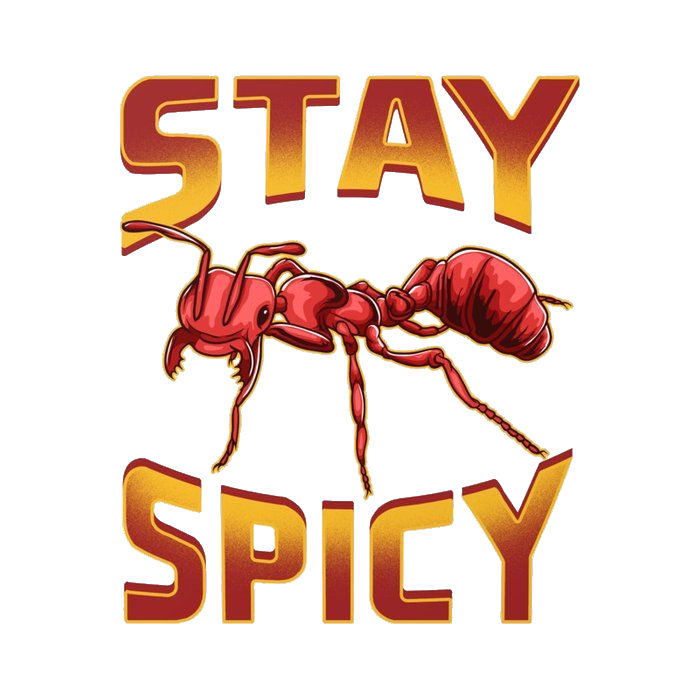

I have a habbit of searching my own name a few times a week and sorting by new, to check if my name appears somewhere. It makes sense to me, but I would be self-conscious about it if someone asked me why tf I am looking myself up so often as if I’m famous


Sounds exhausting 😅